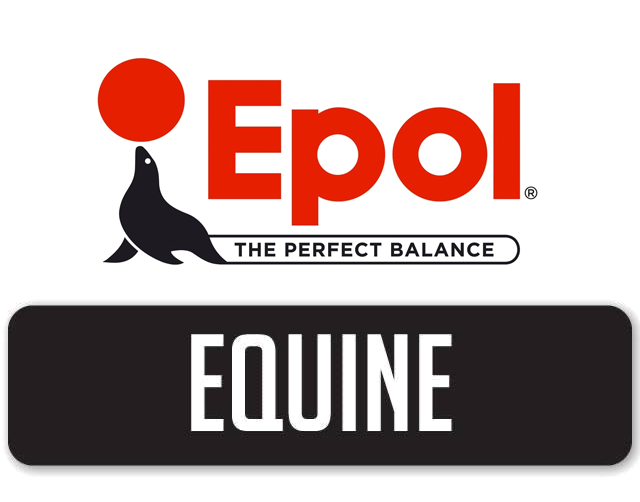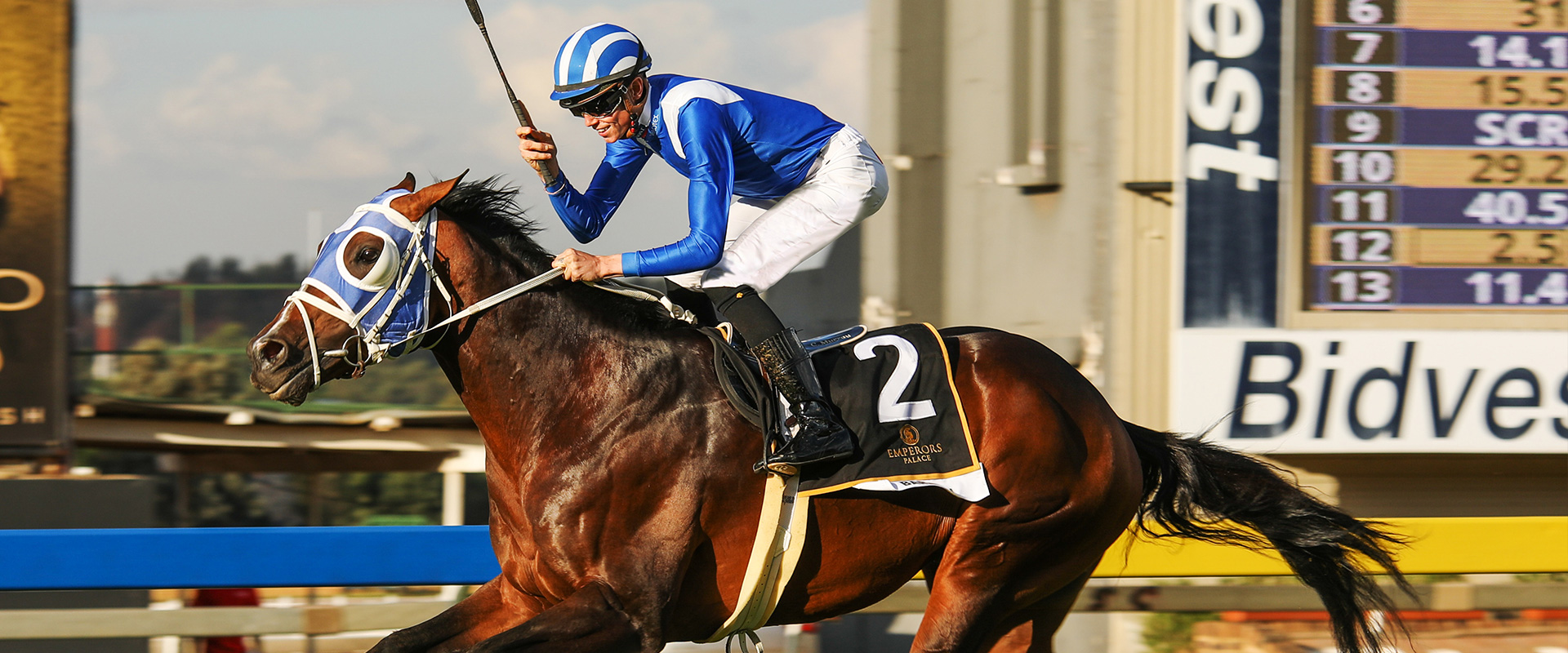In general, the average horse will not need every day electrolyte supplementation. A horse that sweats during a short ride or weekend competition might lose some body water and salts, but these losses are usually replenished quickly after eating hay, drinking, or having access to a salt block.
However, there are situations where supplementation is important for a horse’s welfare. These include endurance races, cross-country phases of eventing and polo. The goal of electrolyte supplementation is to replace electrolytes lost through sweating and thereby restore the proper balance of electrolytes in the horse’s body. Therefore if your horse is not profusely sweating then supplementation is not really necessary. “However, the longer a horse exercises, the hotter and more humid the climate, the less fit the horse, or the harder the effort – the more he sweats. More sweat means more body salts (electrolytes) are lost along with evaporated fluid and thus the greater the need for supplementation” “Electrolytes are salts – notably potassium, chloride, sodium, calcium, and magnesium – and are essential for proper body function. Staying ahead of salt and fluid losses is instrumental in maintaining hydration, efficient muscle function and the ability of the horse to perform to a safe standard and with enthusiasm for his work” Should you feel your horse needs electrolytes it is always worth checking with your vet or local nutritionist first, as over supplementation of electrolytes can irritate the intestinal tract.
Todd C. Holbrook, DVM, Dipl. ACVIM, of Oklahoma State University, found that “electrolyte supplementation can induce gastric ulceration or worsen pre-existing gastric ulcers.” Electrolyte administration dose and frequency in this study was chosen to mimic common electrolyte replacement strategies used in endurance competition during high heat and humidity conditions.
Conclusion: While daily supplementation is not always necessary it is important to consider in times of high need such as long distance travel, hot temperatures or extremes of physical competition. The equine gut serves as a reservoir of fluid and electrolytes to be drawn on in times of need, so it is good to always encourage hay consumption in horses engaged in aerobic exercise, as well as to consider access to a free choice salt block as this will provide the horse with additional Sodium not always found in correct amounts within hays and commercial feeds. While electrolytes will not necessarily guarantee success, these supplements can be highly beneficial in keeping horses in top physical condition to perform at their best.
Image from http://www.southwestequine.com.au/wp-content/uploads/2018/01/sweat.jpg




